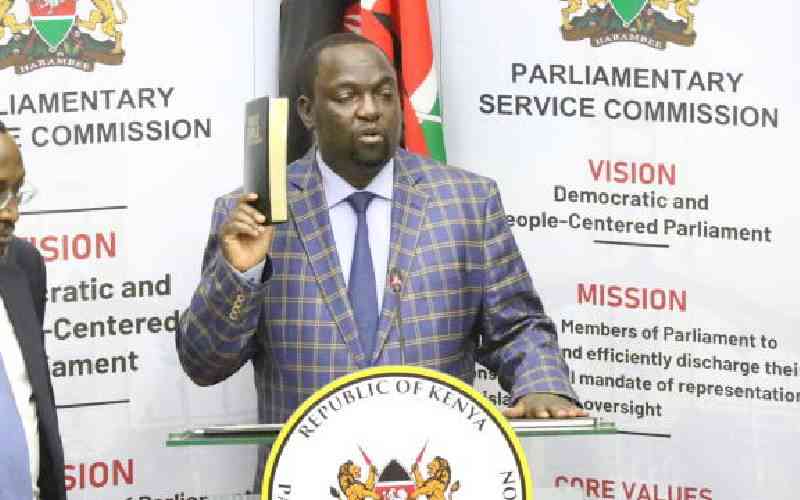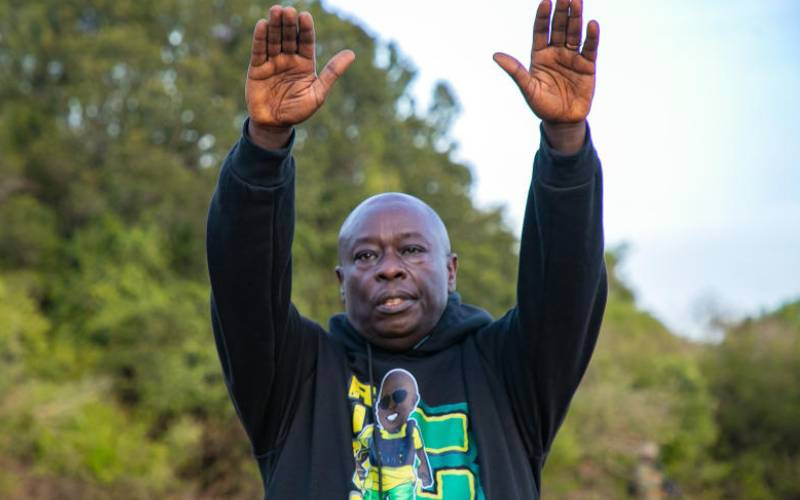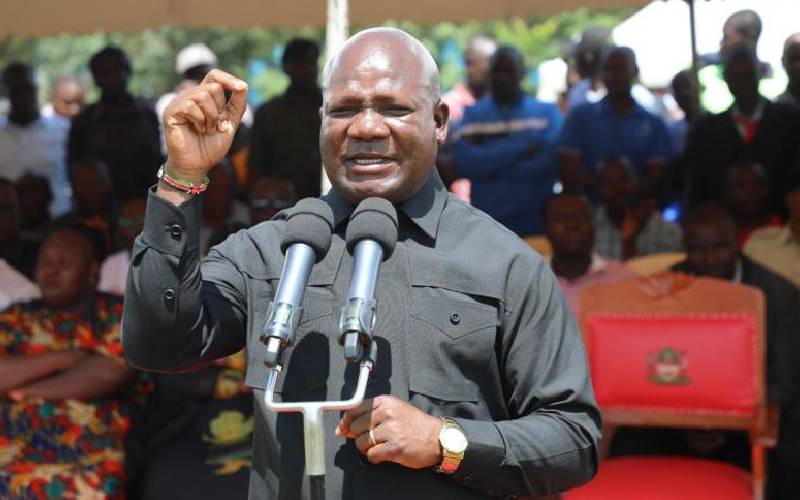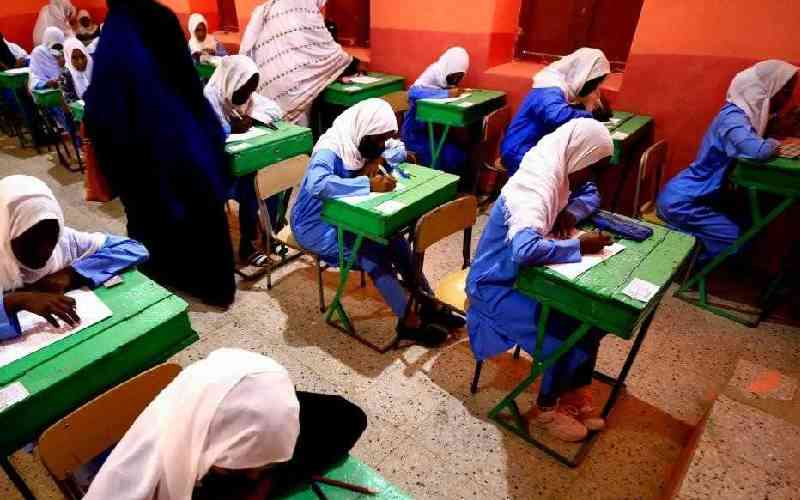A Sustainable Development Goals (SDGs) Readiness study has proposed the harmonization of the diverse policy framework for SDGs attainment. This is to be achieved through consolidation of various policies dealing with specific SDGs such as those relating to health, education, land gender equality, environment and energy.
The report, titled SDGs Readiness Report: A Policy, Legislative and Institutional Review of the 17 SDGs in Kenya, notes that currently, the policy framework is as disaggregated, hence the need for a harmonized policy that will focus on broad mandates such as prioritization of goals, funding and implementation.
Critical for this is the implementation of policies that holistically look at human development needs, whether social, economic, cultural or environmental. Additionally, such policies will also need to be tailored to the most vulnerable and marginalized groups. For instance, policies to combat poverty (SDG 1) should address all dimensions of the problem, such as lack of education, poor health and hunger.
According to Legal Advisor & Head Legislative & Intergovernmental Office at Deputy President‘s Office, Dr Korir Sing’oei, the sheer scale and scope of SDGs demands incredible levels of policy and strategic coherence, leadership and coordination at country level.
“Kenya has been at the forefront in translating these global ambitions into domestic imperatives aligning budgets and programmes of the State with SDGs. Despite a progressive Constitution that recognizes social, economic and cultural rights as the leitmotif of SDGs, the country’s legislative framework is still lagging. This is the reason the project to align the country’s laws and policies with SDGs was mooted,” adds Dr Sing’oei.
This holistic approach is the essence of the principle of leaving no one behind that informs the entire 2030 Agenda.
Kenya Association of Manufacturers (KAM) Chief Executive & Global Compact Network Kenya Board Chair, Ms Phyllis Wakiaga, notes that this last decade presents an opportunity for all of us to embrace new innovative ideas to fast track our progress in realizing SDGs.
“It is not a coincidence that this last decade happens to be a time when the fourth industrial revolution is quickly and widely sprouting. This presents an opportunity for all of us to embrace new innovative ideas to fast track our progress in realizing SDGs. Notably, this will see us meet each SDG whilst increasing efficiency and capacity towards sustainability development. However, this must be hinged on robust institutional frameworks with distinct, yet complementary roles, responsibilities and accountability measures," remarks Ms Wakiaga.
Other general reforms that the report proposes include the creation of a legal framework on Foundations and Philanthropy, enactment of the law on data protection and anchorage of the SDGs within the Parliamentary Service Commission to enhance the recognition thereof and budgeting. Additionally, the establishment of a regional framework on SDG attainment and implementation for the collective welfare of the EAC membership as envisaged in the objectives of the Community set out in Article 2 of the EAC Treaty and the involvement of the counties in the implementation of the SDGs.
The study was conducted by KAM, Global Compact Network Kenya and the Office of the Deputy President.
 The Standard Group Plc is a
multi-media organization with investments in media platforms spanning newspaper
print operations, television, radio broadcasting, digital and online services. The
Standard Group is recognized as a leading multi-media house in Kenya with a key
influence in matters of national and international interest.
The Standard Group Plc is a
multi-media organization with investments in media platforms spanning newspaper
print operations, television, radio broadcasting, digital and online services. The
Standard Group is recognized as a leading multi-media house in Kenya with a key
influence in matters of national and international interest.
 The Standard Group Plc is a
multi-media organization with investments in media platforms spanning newspaper
print operations, television, radio broadcasting, digital and online services. The
Standard Group is recognized as a leading multi-media house in Kenya with a key
influence in matters of national and international interest.
The Standard Group Plc is a
multi-media organization with investments in media platforms spanning newspaper
print operations, television, radio broadcasting, digital and online services. The
Standard Group is recognized as a leading multi-media house in Kenya with a key
influence in matters of national and international interest.









